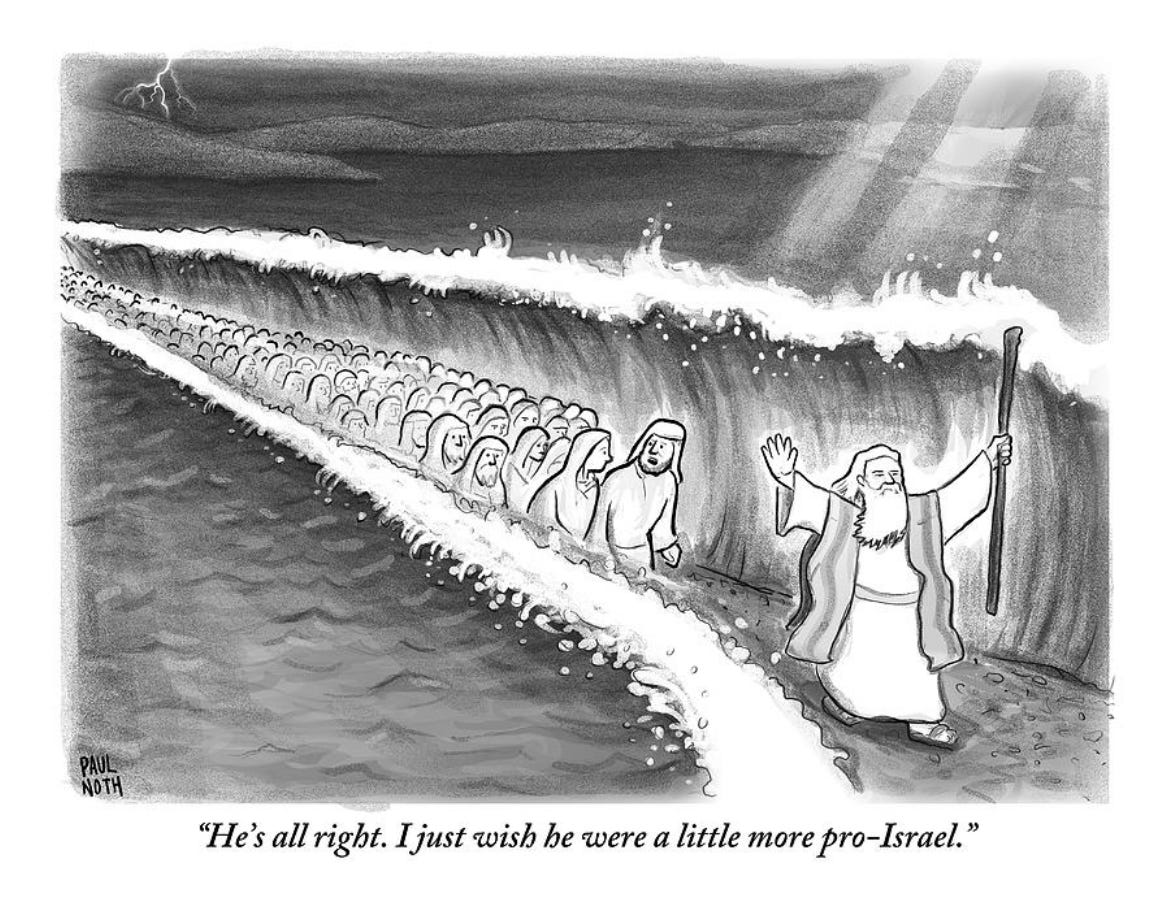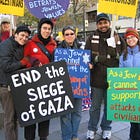Hanukkah Cholent Day 5: Israel
Tracing the through-line.
Remember the 2021 “little” Gaza flareup?
That short but violent springtime attempt to “mow the grass” felt like a tectonic tremor. The plates moved, giving way to a deeper chasm in the Jewish world than we thought was there. The illusion that we could bridge this divide officially started to crumble. It felt like a loss for Jews on both sides, a dawning and sad realization that the differences are irreconcilable and divorce is the only option.
It’s not a secret that I find myself on one side of the chasm. This is not a matter of policy or theory. It’s a matter of survival. Like plants, civilizations will go where conditions are conducive for survival. And so, we stretch ourselves out to the warm sun and fertile land of Israel. Digging to plant roots in a definitively rootless diaspora feels like rummaging around in the dirt for potatoes, season after season, only to pull out rocks.
Yet I still lose sleep over this divide, turning over the thoughts of how we got to this point, trying to sort them into intelligible piles for a future article. I resist the urge to hurl insults at the opposite side. But fighting is our oldest tradition.
Arguing has strengthened us — it’s ironically foundational to our survival. Imagine if Hillel and Shammai lived today and duked it out on X. How many future Jewish ideas will be traced back to Jews clawing each other’s faces on social media? If only we could see this not as our weakness, but as a weird strength, and stop letting our detractors punt us down their own fields of bad ideas.
That’s why I still support dialogue, like the one that has been taking place over the past few months here in Seattle. Not because we’ll reach any productive conclusions, but because we need to learn how to share custody without devolving into a screaming match.
Yet I sometimes find dialogue pointless, like this summer, when I returned to Israel after a 15-year hiatus. All the navel-gazing about what Israel should or shouldn’t have done 80 years ago or what it should or shouldn’t do now just fell away.
So disconnected are we, so theoretical have we made our existence, we tend to forget the real people over there fighting for our survival. Yes, our survival. Because historically, Jews have had three choices: be eliminated, self-destruct, or be subjugated. Be killed, or converted, or driven out; assimilate, convert, self-destruct. Before Israel existed, subjugation was the mode of survival — no matter how flourishing and dynamic Jewish cultures have been in the diaspora, no matter what great dishes and music they produced, they were always an interdisciplinary project delicately installed on eggshells. Even in America, the best place we’ve ever lived, we’ve watched generations of Jews self-destruct, and here we are again, walking from the car to the storefront or the school or the library through a parking lot of eggshells. (And, too, we’ll be remembered as the people who revolutionized the bagel and instituted eight days of indulgent Hanukkah presents.)
We are mostly protected from the pain of sacrifice.
Both Oscar and Stav’s mother are African immigrants to Israel whose families dedicated themselves to the country in different ways, whose stories don’t get widely told. This story, written by Oscar, is so poignant and sad and should remind us what sacrifices people voluntarily make for freedom.






